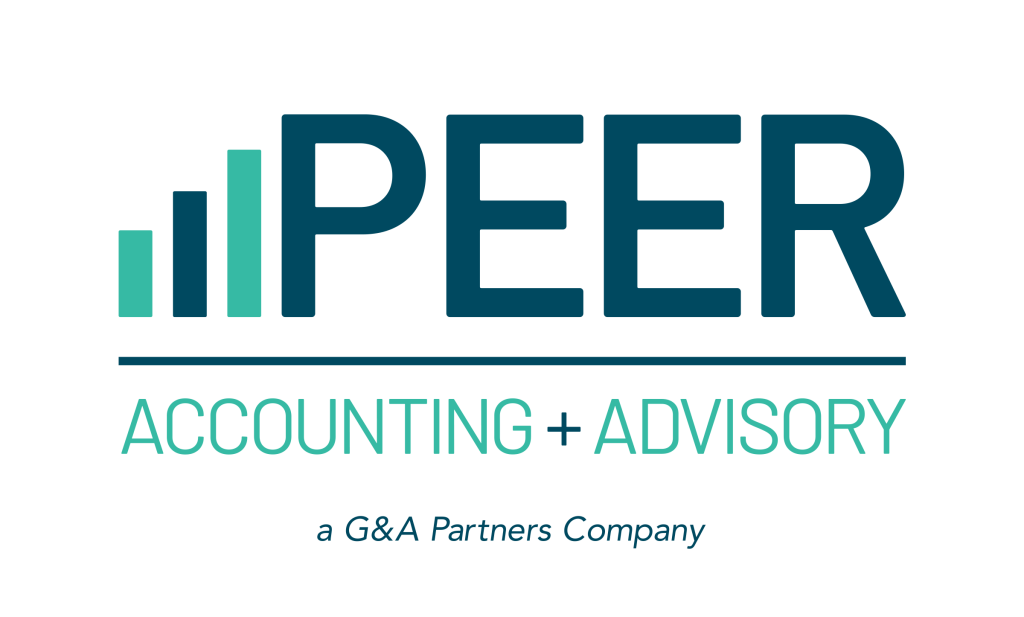Controller vs CFO: What’s the Difference?
As a business owner, it’s important to understand the differences between the roles of a controller vs CFO and how they can support your company’s financial management needs.
Controller vs CFO
A controller can be considered the lead accountant of a company, managing financial tasks and overseeing the operations of the accounting department. They serve as the expert on accounting principles and compliance.
A CFO, on the other hand, takes a more strategic view of the business’s overall financial health and direction. The CFO works with the CEO and executives to plan ahead and build strategy.
Overview of Controller Role
The controller is responsible for maintaining financial records and producing reports according to generally accepted accounting principles, (GAAP). They oversee accounting functions, pay vendors, manage cash flow and manage the team (staff accountant / senior accountant).
A controller also generates key financial statements, balance sheets, income statements, financial dashboards, and cash flow reports.
Overview of CFO Role
The CFO’s primary focus is the big picture of the business rather than day-to-day bookkeeping details. As a key executive in the company, CFOs develop strategic plans, forecasts, and budgets to guide a company’s decisions and growth.
CFOs are involved in securing funding, managing investments, completing mergers and acquisitions, implementing financial systems, and assessing financial risks across the enterprise. They translate numbers into meaningful data that executives can use for tactical planning, setting KPIs to measure progress, and making long-term strategic choices.
Comparing Controller vs CFO Responsibilities
Generally speaking, the controller manages operational accounting needs, and the CFO leads financial strategy. Let’s explore these roles in more operational detail:
The Controller’s Responsibilities
- Overseeing accounts payable/receivable, cash flows, month-end close
- Ensuring books are accurate and compliant
- Producing key financial reports and dashboards
- Managing audit processes and regulatory filings
- Supervising the accounting team
The CFO’s Responsibilities
- Developing multi-year financial projections
- Securing financing from banks or investors
- Analyzing mergers, acquisitions, investments
- Interfacing with other executives, investors, and board members
- Mitigating financial risks
Choosing the Right Role for the Job
The Controller and CFO play distinct roles in a growing company. It’s essential to align the right resources with their appropriate job responsibilities for effective financial management and sustained growth.
If your business needs controller-level support, our team at PEER can help. If you’re not sure which level of support is right for your business, let’s talk; we’ll assess your unique situation and help guide you to the proper solution.
No matter the route you choose, PEER can help you grow your business with confidence.
